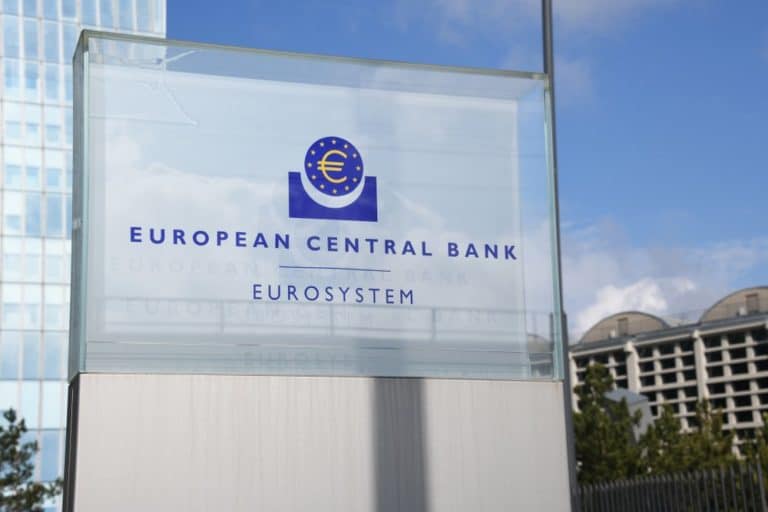The digital euro will be free to use and available to all, but the European Central Bank (ECB) does not want to let people make programmed, regular payments to cover transactions like bills or rent.
ECB Executive Board Member Fabio Panetta gave the assurances on Monday in a speech to the European Parliament’s Committee on Economic and Monetary Affairs.
“Our priority for the digital euro project has always been clear: to preserve the role of central bank money in retail payments by offering an additional option for paying with public money, including where this is not possible today, for example in eCommerce”, Panetta said.
The digital euro is currently in an investigation phase, as it has been for a year. The investigation phase is to be completed in the fall, at which time the ECB Governing Council will decide whether to take a digital euro to the next phase, Panetta explained.
Public good
“The digital euro would be a public good”, Panetta told the EP committee. “It would therefore make sense for its basic services to be free of charge – for example when using the digital euro to pay another person, as is the case for cash”.
Commercial banks have been concerned that a digital euro would make their own services redundant. Panetta addressed these concerns by saying that the ECB would offer no accounts to citizens and would not let people make programmed, regular payments to cover transactions like bills or rent. He stressed that the ECB “is not in the business of creating competition for commercial banks”.
“We believe supervised intermediaries, who are in direct contact with users, are best placed to identify use cases for conditional payments and any other advanced payment services”, Panetta said.
